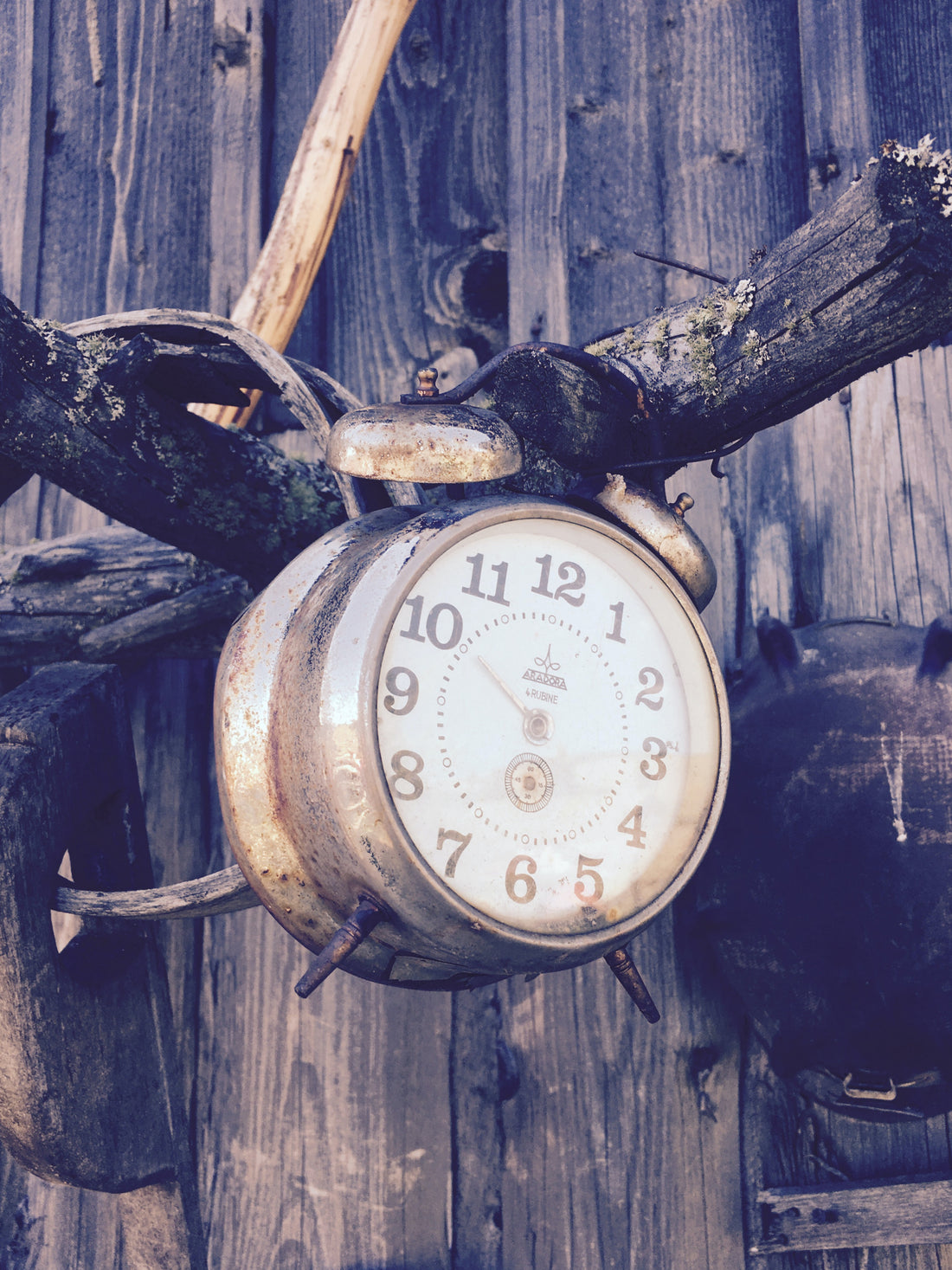
Antique Clocks - The Timeless Beauty of Timepieces
Share
Introduction: Antique clocks have been around for centuries, and they continue to captivate us with their timeless beauty. From pocket watches to grandfather clocks, antique timepieces offer a glimpse into the past and remind us of the artistry and craftsmanship of earlier times. In this blog post, we'll explore the history and significance of antique clocks and how they continue to hold a special place in our hearts.
History of Antique Clocks: Antique clocks have a rich history that dates back to the 16th century. The earliest clocks were mechanical, and they were often large and heavy, making them difficult to move. As technology advanced, clocks became smaller and more portable, leading to the development of pocket watches and other handheld timepieces.
In the 18th century, clockmakers began producing intricate and ornate clocks for wealthy clients. These clocks often included intricate carvings, hand-painted designs, and other decorative elements. By the 19th century, clocks had become more accessible to the middle class, and they were used in homes and workplaces all over the world.
Antique Clocks Today: Despite the prevalence of digital clocks and other timekeeping devices, antique clocks continue to hold a special place in our hearts. They offer a tangible connection to the past and a reminder of the artistry and craftsmanship of earlier times. Antique clocks are also highly sought after by collectors and enthusiasts, and they can be a valuable addition to any collection.
In Conclusion: Antique clocks are more than just timepieces - they're works of art that offer a glimpse into the past. Whether you're a collector or simply appreciate the beauty of antique clocks, there's no denying their enduring appeal. So next time you come across an antique clock, take a moment to appreciate its timeless beauty and the rich history behind it.
